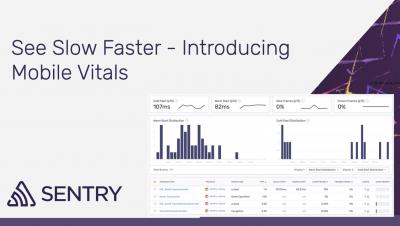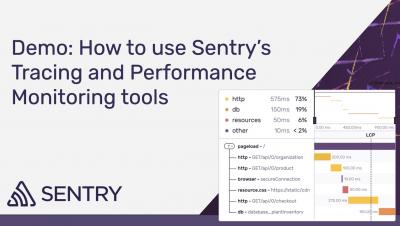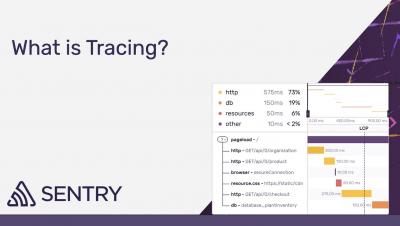Use Suspect Tags to improve App Performance
When you’re trying to optimize your application for performance, it helps to understand not only the number of people affected, but also user conditions of the slowest transactions, such as OS, browser type, and even connection type. When you’re looking at performance data, it can be hard to see the forest through the trees.











